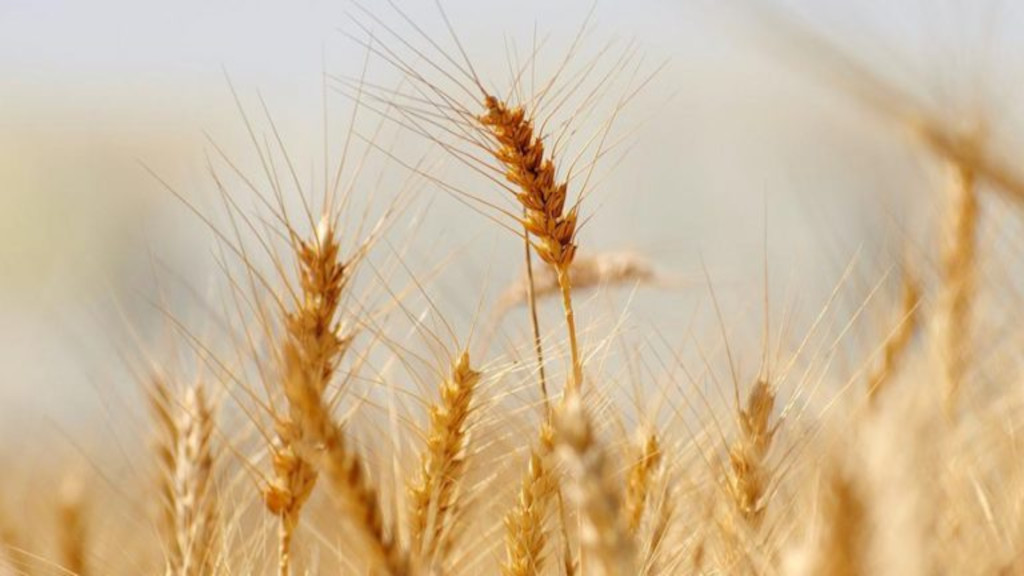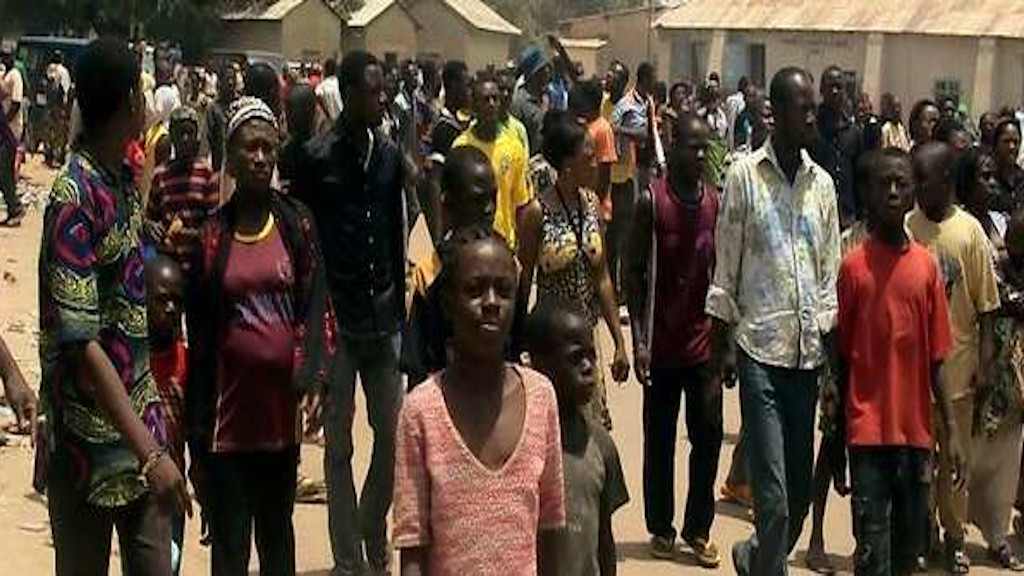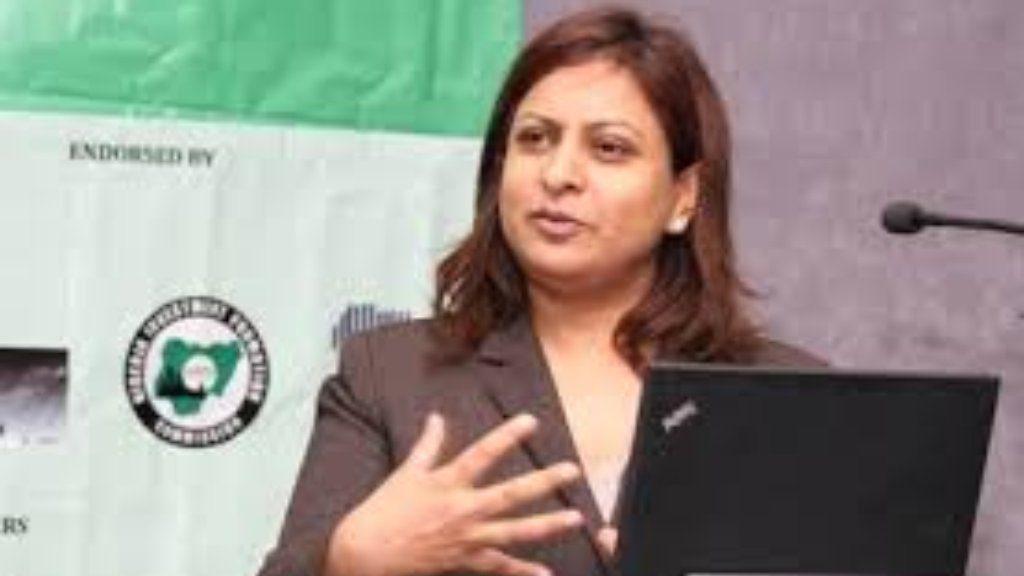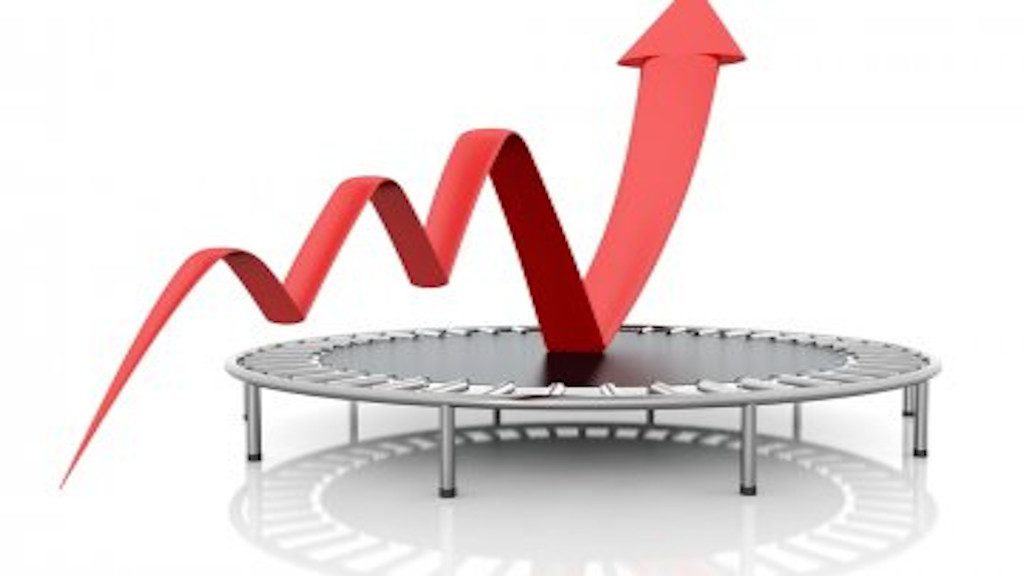Equinor and Chappal Energies have entered into an agreement for the sale of Equinor Nigeria Energy Company (ENEC), which holds a 53.85% ownership in oil…
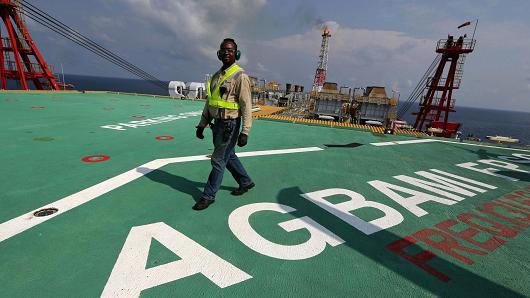
Equinor and Chappal Energies have entered into an agreement for the sale of Equinor Nigeria Energy Company (ENEC), which holds a 53.85% ownership in oil and gas lease OML 128, including the unitised 20.21% stake in the Agbami Oil Field, operated by Chevron.
Equinor has been present in Nigeria since 1992 and has played a significant role in developing Nigeria’s largest deep-water field, Agbami. Since production started in 2008, the Agbami field has produced more than 1 billion barrels of oil, creating value for the partners and Nigerian society.
Equinor Senior Vice President for Africa Operations, Nina Koch said, “This transaction realises value and is in line with Equinor’s strategy to optimise its international oil and gas portfolio and focus on core areas. Chappal Energies is a committed Nigerian-owned energy company with the ambition to develop the assets further, contributing to the Nigerian economy for years to come.”
Source: Daily Trust, 1st December, 2023
 afric-Invest
afric-Invest